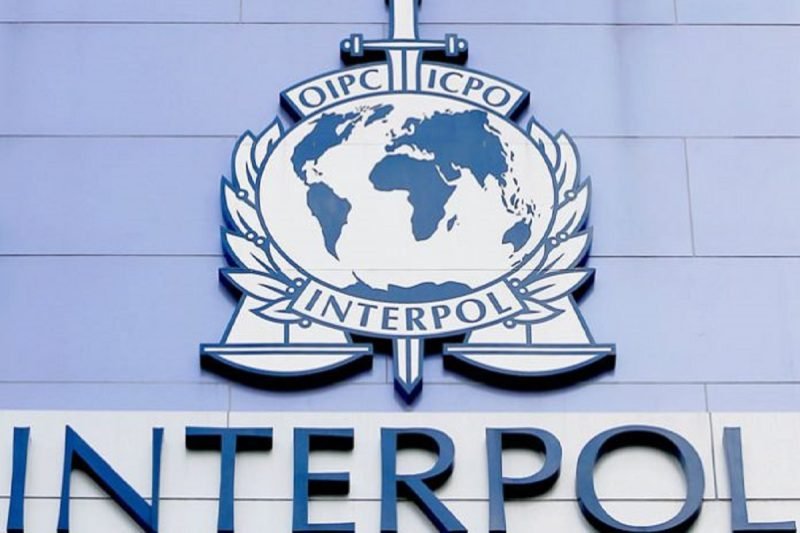The International Criminal Police Organization (Interpol) has put on hold almost 50 requests from the Turkish government to arrest people wanted by Ankara on baseless terrorism charges, the pro-government Sabah daily reported on Friday.
The requests by the Turkish government are political in nature, Interpol has ruled, according to the Erdoğanist daily.
Turkey is seeking the arrest and extradition of alleged “senior terrorist leaders” including Salih Muslim, the former co-leader of a Kurdish political group in Syria, and Adil Öksüz, a senior member of FETÖ, Sabah reported.
The paper also claimed that Interpol previously displayed its stance against the Turkish government by reportedly deleting a list of 72,000 alleged members of the Gülen movement. The list was uploaded by the Turkish police on August 2, 2016, right after a controversial coup attempt on July 15, 2016.
The Turkish government’s blatant abuse of Interpol to persecute, harass and intimidate critics and opponents is much worse than one can imagine, research by the Stockholm Center for Freedom (SCF) revealed on September 20, 2017.
The dubious and false charges filed by Turkey through Interpol to hunt down legitimate critics of Turkey’s autocratic President Recep Tayyip Erdoğan have in some cases succeeded in the extradition of people from abroad, subjecting returnees to torture and ill treatment in notorious Turkish prisons. In other cases, people were stranded in third countries while travelling and were forced to fight the forcible return as they remained in detention facilities.
The Turkish government also revoked the travel documents and passports of many Turks without informing them and filed missing and lost reports with Interpol on their behalf when in fact no such request was made by the passport holders. Erdoğan has also pursued his witch-hunt against foreign companies that traded with almost 1,000 Turkish companies which were unlawfully seized and nationalized by the government on fabricated terrorism charges. Interpol mechanisms were used to gather information on foreign partners on absurd charges of terrorism, which sparked diplomatic crises with other countries.
The SCF report warned that Interpol, set up for cooperation among member states’ law enforcement agencies to arrest and extradite criminals and terrorists, is being undermined by the Turkish government, which is dealing a lethal blow to its integrity and the credibility of its system.
The report called for vigilance and better screening by Interpol on notices and urged further reform on filtering mechanisms. It joined with recommendations made by the Parliamentary Assembly of the Council of Europe (PACE), the Organization for Security and Co-operation in Europe (OSCE) and the European Parliament on how to improve Interpol mechanisms and halt politically motivated notices and diffusions that violate Interpol’s own Constitution.
Turkey survived a controversial military coup attempt on July 15, 2016 that killed 249 people. Immediately after the putsch, the Justice and Development Party (AKP) government along with autocratic President Recep Tayyip Erdoğan pinned the blame on the Gülen movement.
Fethullah Gülen, who inspired the movement, strongly denied having any role in the failed coup and called for an international investigation into it, but President Erdoğan — calling the coup attempt “a gift from God” — and the government initiated a widespread purge aimed at cleansing sympathizers of the movement from within state institutions, dehumanizing its popular figures and putting them in custody.
Turkey has suspended or dismissed more than 150,000 judges, teachers, police and other civil servants since July 2016. Turkey’s interior minister announced on December 12, 2017 that 55,665 people have been arrested. On December 13, the Justice Ministry announced that 169,013 people have been the subject of legal proceedings on coup charges since the failed coup.
A total of 48,305 people were arrested by courts across Turkey in 2017 over their alleged links to the Gülen movement, Interior Minister Süleyman Soylu said on Dec. 2, 2017. “The number of detentions is nearly three times higher,” Soylu told a security meeting in İstanbul and claimed that “even these figures are not enough to reveal the severity of the issue.”















